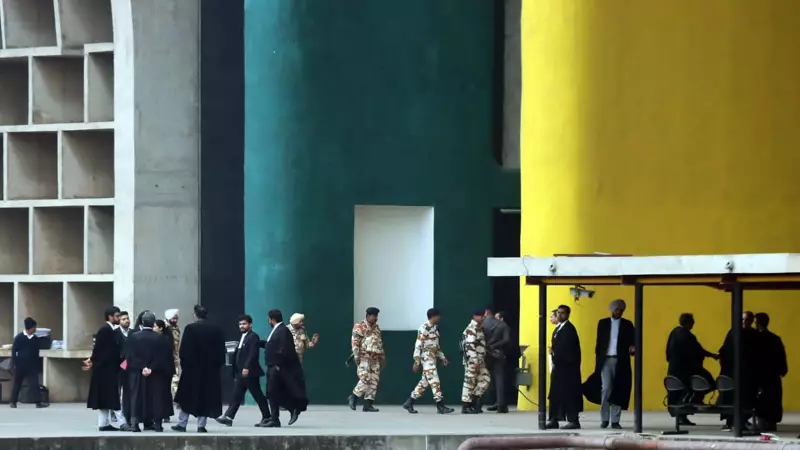
High Court Upholds Right to Speedy Trial in Landmark Bail Decision
The Punjab and Haryana High Court has made a significant ruling by granting regular bail to a man who has spent over six years in custody as an undertrial prisoner in a double murder case from 2019. Justice Sumeet Goel, presiding over a single bench, delivered the judgment on Thursday, emphasizing that prolonged incarceration without trial conclusion fundamentally violates the constitutional right to a speedy trial guaranteed under Article 21.
Six Years Behind Bars Without Trial Conclusion
Surjeet alias Surjeet Mourya had been in continuous custody since June 26, 2019, facing charges under relevant sections of the Indian Penal Code and the Scheduled Caste and Scheduled Tribe (Prevention of Atrocities) Act. The case originated in Faridabad after police recovered two bodies from Badwali Lake on June 13, 2019. The grim discovery involved a man and a woman whose remains were found stuffed in a bag floating in the water.
The court noted with concern that despite the extensive period of detention, the trial had progressed at a sluggish pace. Only 22 out of 34 prosecution witnesses have been examined so far, highlighting the procedural delays that have kept Surjeet behind bars without resolution.
Legal Battle and Competing Arguments
This marked Surjeet's fourth attempt at securing bail, with previous applications meeting different fates. His first bail plea was dismissed in August 2020, while subsequent applications were withdrawn in March 2023 and January 2024. The court observed that despite earlier directions to expedite the trial, minimal progress had been achieved.
Surjeet's defense team argued that their client had been falsely implicated due to a suspected affair with the deceased woman. They emphasized that the case rested entirely on circumstantial evidence and that key prosecution witnesses had already been examined, reducing the risk of evidence tampering.
However, the state counsel strongly opposed the bail application, citing the grave nature of the allegations. Counsel representing the complainant's family also objected, arguing that testimony from the woman's father, mother, and sister directly implicated Surjeet in the crime.
Constitutional Principles Prevail
Justice Goel's ruling leaned heavily on constitutional safeguards and Supreme Court precedents. The court referenced the Supreme Court's 2024 ruling in Javed Gulam Nabi Shaikh vs State of Maharashtra, which stated that if the state lacks the capacity to protect an accused's fundamental right to speedy trial, it should not oppose bail solely based on the seriousness of the crime.
The judgment reaffirmed that "every accused is presumed innocent until proven guilty" and found no material evidence suggesting that Surjeet might abscond or interfere with evidence if released on bail. The court determined that further detention as an undertrial prisoner could no longer be justified under the circumstances.
While granting bail, the court imposed specific conditions including:
- Furnishing surety bonds to the satisfaction of the trial court
- Not tampering with evidence or influencing witnesses
- Not committing any offence while on bail
- Not changing phone number without court permission
Justice Goel clarified that the observations made in the bail order would not influence the merits of the ongoing trial, ensuring that the final judgment remains unaffected by this interim decision.
This ruling serves as a powerful reminder of the judiciary's role in protecting fundamental rights, even in cases involving serious allegations, and highlights the ongoing challenges faced by India's criminal justice system in ensuring timely trials.





